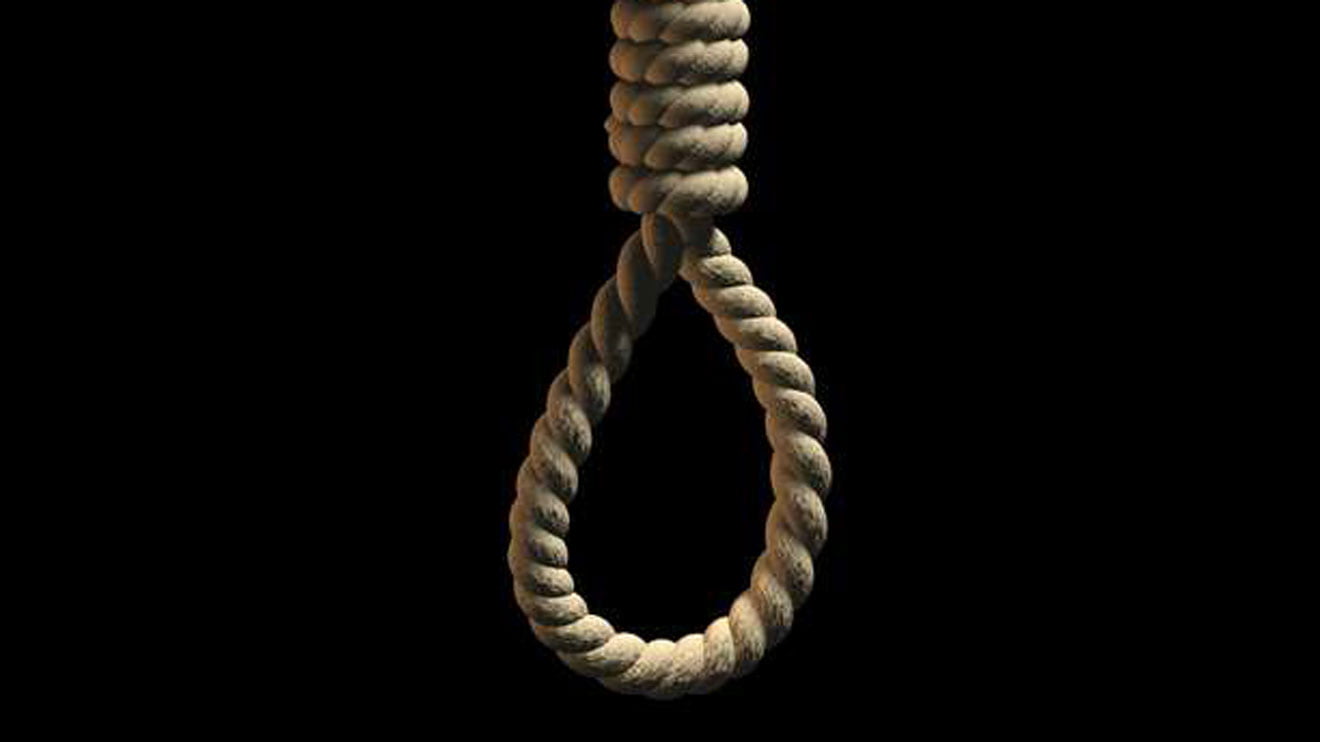Incidents of suicide are increasingly prevalent across the nation, contributing to the pervasive sense of despair. The confirmation by the Edo State Police Command of Toluige Olokoobi’s suicide, known for a viral video featuring her son imploring her to ‘calm down,’ left many Nigerians heartbroken. However, this tragic event is just one among numerous reported cases of suicide and attempts nationwide. This disturbing trend poses an additional challenge for the government, social organisations, and families.
Olokoobi tragically ended her own life in the presence of her one-year-old child, leaving behind three kids. According to neighbours, she had been grappling with depression in recent times.
Similarly, in Uyo a Nigerian Army captain, Alphonsus Bazza, reportedly took his own life, leaving behind a wife and a child. In Abuja, 29-year-old Terver Orfega resorted to suicide by ingesting a lethal chemical earlier this month, allegedly due to a business failure and the inability to repay a loan.
Beyond the headlines, there’s a disturbing trend of individuals taking their own lives due to a myriad of reasons—financial struggles, business failures, romantic disappointments, and the overwhelming burden of societal challenges.
Kebbi gov presents N250.1bn budget for 2024
Akpabio seeks establishment of modular refineries
In the preceding month, the Bauchi State Police Command reported the tragic incident of Betwom Bitrus, a 17-year-old from Bombar, Bogoro Local Government Area. He took his own life by hanging after informing his family that he was heading to a stream for a bath.
In July in Anambra State, a young pastor named Prosper Igboke allegedly jumped to his death from a multi-storey building in Nnewi, purportedly following a failed romance. Security personnel revealed that Aderemi had been contending with partial blindness and depression.
According to experts, a prevailing sense of frustration in the country is adversely impacting people’s mental health. The widespread issues of joblessness, poverty, hunger, insecurity, and perceived neglectful governance create an environment where many Nigerians easily succumb to depression, with some contemplating suicide.
According to the World Health Organisation, suicide ranks as the fourth leading cause of death globally among individuals aged 15-29. Annually, over 703,000 people worldwide take their own lives, with common methods including the ingestion of pesticides, hanging, and firearms. The prevalence of suicides involving pesticide ingestion prompted the Nigerian government to temporarily restrict the sale of the Sniper pesticide brand.
The Association of Psychiatrists in Nigeria underscores the potency of undiagnosed mental health issues, revealing that over 60 million Nigerians grapple with varying degrees of mental ill-health. The association expresses concern over the limited availability of mental health experts in the country, numbering only about 200.
However, the World Health Organisation (WHO) maintains that suicides are preventable and advocates for measures such as restricting access to common means like pesticides, firearms, and poisons. Additionally, it suggests identifying and monitoring individuals displaying suicidal behaviour and engaging with the media to ensure responsible reporting.
While immediate intervention and support are crucial, it is equally important to tackle the root causes of despair in our society. Addressing systemic issues such as poverty, unemployment, and inadequate mental healthcare infrastructure is essential to alleviate the pressures that contribute to individuals’ vulnerability. By investing in social welfare programmes, job creation initiatives, and mental health services, we can create a more supportive environment that nurtures the well-being of all Nigerians.
The path forward requires a united front. Governments at all levels, communities, families, and faith-based organisations must collaborate to bring down the alarming suicide rates. Breaking the silence surrounding mental health, fostering awareness, and extending compassionate support are key to forging a brighter future for a nation grappling with the silent epidemic of suicide.
We must acknowledge the immense suffering faced by individuals battling mental health issues and work together to create a society that fosters empathy, support, and accessible resources. By prioritising mental health awareness, education, and reforming societal structures, we can offer hope and aid to those who desperately need it. Let us unite, break the silence, and bring an end to this tragic epidemic, one step at a time.
Muhammad Yasir Garba, Department of Mass Communication, University of Maiduguri.

 Join Daily Trust WhatsApp Community For Quick Access To News and Happenings Around You.
Join Daily Trust WhatsApp Community For Quick Access To News and Happenings Around You.


